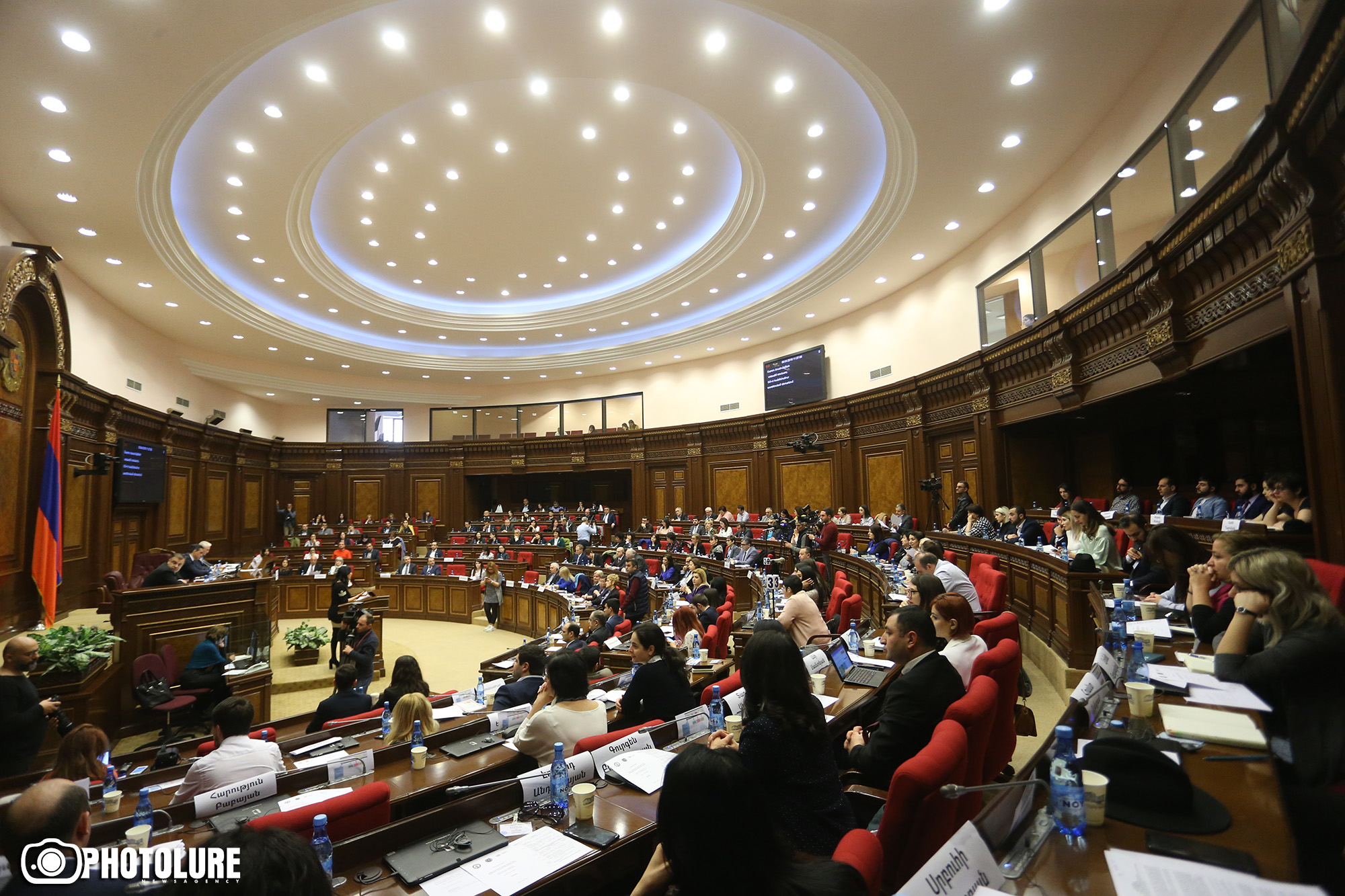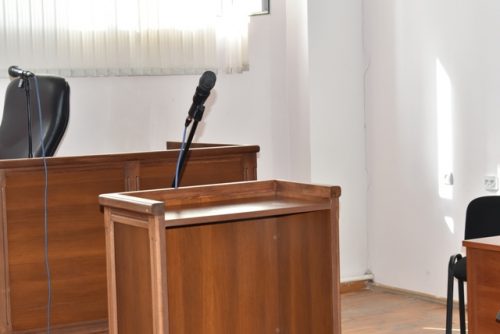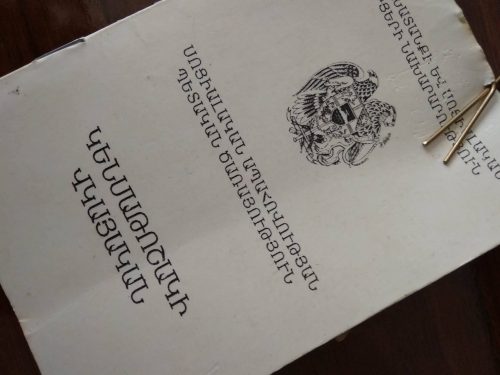Legislative regulations and programs concerning the struggle against use and trafficking of drugs, as well as results of HCAV monitoring of mass media publications on drug users, drug trafficking and other publications on drugs indicate that the policy towards drug addicts continues to remain punitive.
On 1 March 2023, Minister of Internal Affairs Vahe Ghazaryan stated in the RA National Assembly about declaring 2023 as the year for combating drug trafficking. He also added that a new strategy had been developed. It should be recorded that only the law enforcement representative is speaking about the issue, while healthcare and education sectors remain silent. We can thus conclude that approaches have not changed.
Distribution of the action plan for combating drug use and drug trafficking is problematic. The RA Police are the coordinator and the main implementer of the program. This organization is the first implementer of 12 actions, while the RA Ministry of Health is responsible for implementing only one action. The RA Ministry of Labor and Social Affairs is responsible for implementing only three actions. Moreover, the agency provided information to the organization until 2018, after which they responded that those questions were beyond their authority. Low level of involvement of territorial administration and self-governance authorities is also worrisome.
Expected results of actions are formulated as an expected impact, and are not measurable, as a rule. For instance,
- expected result of action 1․2 is formulated the following way: “It will give an opportunity to present the work aimed at combating drug trafficking in the Republic during international meetings”. It is unclear how that possibility can be measured, in what format those international meetings are envisaged, who those events are addressed at.
- expected result of action 1․3 is formulated the following way: “It will reduce illicit circulation of drugs, psychoactive substances and their precursors”. It is unclear as to what extent it will reduce trafficking.
All actions and expected results of annual programs have similar formulations, while the clearer the actions, result indicators and expected impact are formulated, the more effective the work aimed at their implementation is.
International practice shows that a punitive policy is not only ineffective in combating drug trafficking and sae, but it also negatively impacts public health. It has a number of negative consequences, including overloading criminal justice systems, overwhelming the courts, fuelling prison overcrowding and exacerbating public health problems. Moreover, it also intensifies social and health problems. A convict is subjected to stigma, rejection by the public, encounters social problems and is deprived of the opportunity to escape the loop due to not having access to social and health services.
Ineffectiveness of punitive approach is also evidenced by statistical data (part 2).
Specialists say that drug trafficking is growing rapidly, becoming younger (14-16-year-olds), the circle of users is enhancing, including persons receiving and/or having a higher education, whose number used to be smaller. The number of registered women drug-users has increased by 40 in 2022 (76 women in 2021, 116 women in 2022). This means that the image of consumers’ age and gender has also changed.
Sale methods have changed by appearing in a domain difficult for the law enforcement system to oversee. Drugs are sold through social networks. Most drug trafficking is carried out on the internet, in particular, 98% is carried out on Telegram. According to specialists, 100 thousand persons look for drugs online daily, and a big number of syringes are sold from pharmacies during evening hours. The number of used syringes thrown on the street also evidences the increasing danger.
Modern drugs of synthetic origin are mainly widespread in Armenia, which generate psychological addiction according to specialists.
It is also necessary to take into account the 44-day war and its persistent consequences, as well as the fact that the necessary volume and quality of psychological support was not provided to the war participants (in particular, the number of persons who received psychological support in the frame of the 6-month action of rehabilitation of participants of the war that was unleashed in 2021 and public in general amounted to only 6.4% of the minimum need).
Those are challenges that need to be taken into account and targeted in policies aimed at combating drug trafficking and supporting drug users.
It is necessary to review approaches towards combating drug trafficking and work conducted with persons who have a drug use disorder by complying them with modern challenges, best international practice and international obligations of the Republic of Armenia.
Thus, it is necessary to develop a new strategy regulating the sector, which will be participatory, will have time restrictions and a vision, a rights-based approach, a social component, as well as an effective mechanism for monitoring and assessment.
Click to read the full report.
Click to read the second part of the report.




